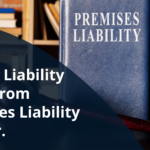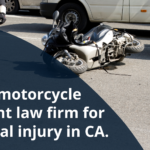You may wonder if the insurance company will act in good faith if you’ve been injured in an accident that wasn’t your fault. Unfortunately, insurance companies sometimes act in bad faith, which can cause a delay or denial of your personal injury claim. This blog entry will discuss three essential aspects of insurance bad faith claims.
What Is Insurance Bad Faith?
Many people view insurance as a means of protection in the event of an accident, but there is another, lesser-known aspect of insurance. Insurance companies are in the business of making a profit, which they do by collecting and investing in premiums. When a policyholder submits a claim, the insurer will determine whether or not to pay. The policyholder may have a case of insurance bad faith if the insurance company decides not to pay a claim or pays only a portion of the personal injury claim.
3 Things You Need To Know About Insurance Bad Faith Claim
In the event of an accident, the insurance company should be there to assist you. They are obligated to help you pay your medical bills, replace your damaged property, and possibly provide you with additional compensation. However, insurance companies do not always perform their duties. When this occurs, it is referred to as insurance bad faith. If you were involved in an accident and are considering filing a personal injury claim, there are a few things you should know about insurance bad faith.
- Bad faith in insurance is when an insurer does not act in good faith. This indicates that they do not act in their policyholders’ best interests. Instead, they attempt to avoid paying claims by any means possible. Occasionally, they accomplish this by investigating the accident in an attempt to find a way to blame the victim. They may also attempt to undercut the victim’s settlement offer.
- You may have a claim for insurance bad faith if your insurance company denied your claim or made a lowball offer. You may have a case of insurance bad faith if you believe the insurance company denied your claim unjustly or if their settlement offer is too low.
- You may be able to sue the insurance company if you have a case of insurance bad faith. If you prevail in court, you may receive compensation for your medical expenses, lost wages, and pain and suffering. If you’ve been involved in an accident and believe your insurer has treated you unfairly, you may have a case of insurance bad faith.
Conclusion
If you’ve been in an accident and believe your insurer has treated you unfairly, you may have a claim for insurance bad faith. A few facts about insurance bad faith in personal injury claims should be known. In several ways, an experienced personal injury attorney can assist you with your claim. Hire a knowledgeable personal injury attorney from 2H Law Firm. Call us at (619) 374-9320 right away to set up a free consultation.










